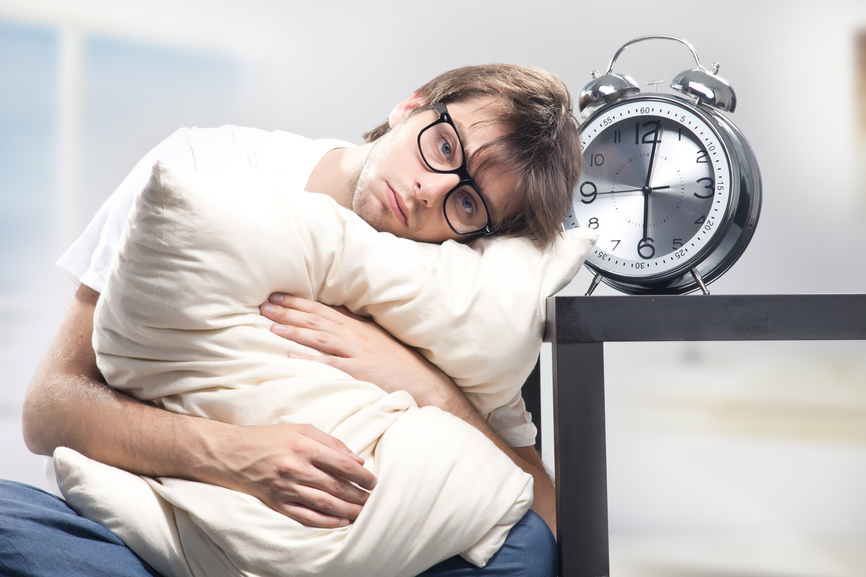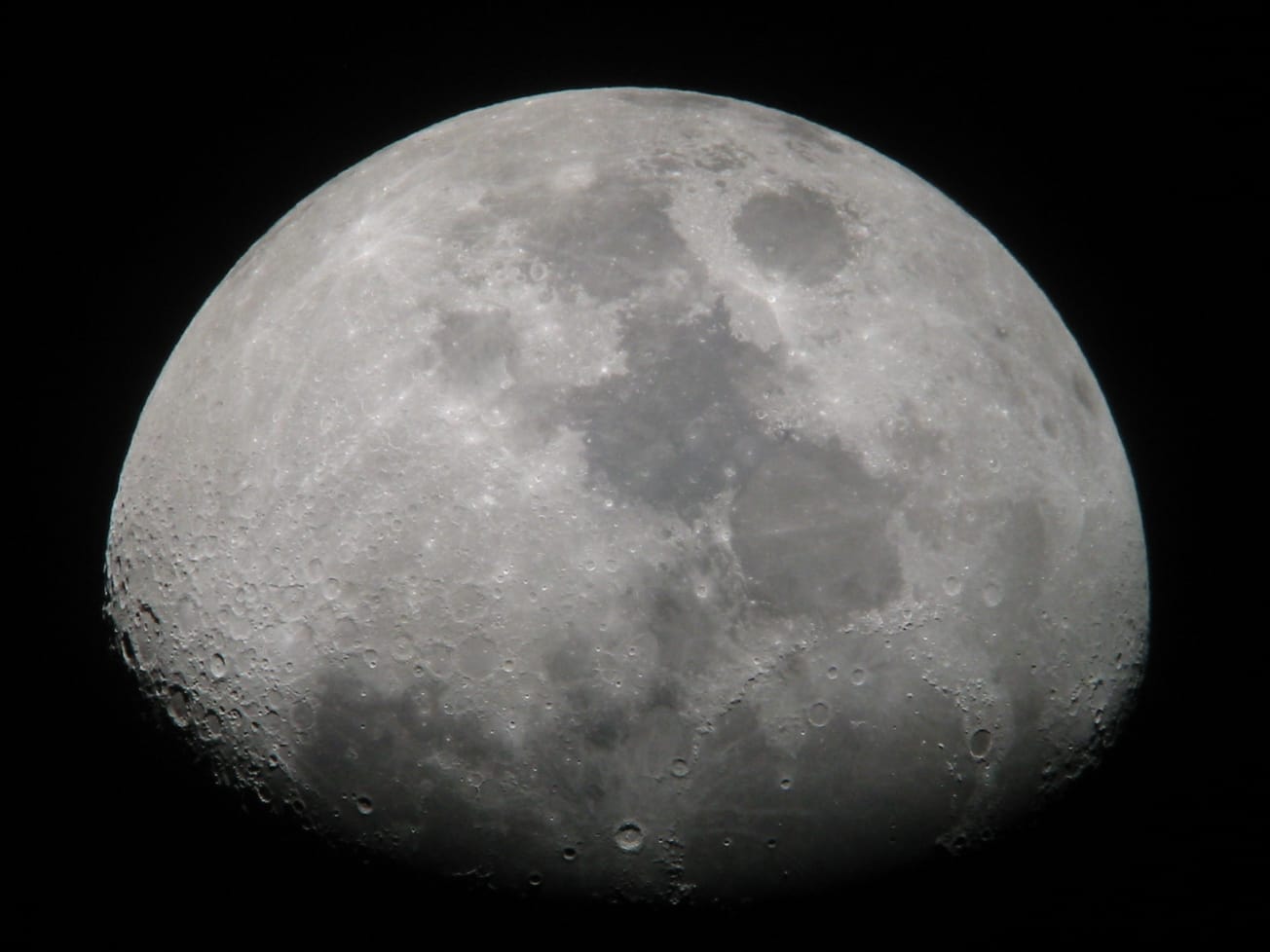By Hannah Cahill, Fourth Year Biochemistry
Reports show that your affinity for mornings can be linked to genetics.
Mornings are hard. That reluctant rise from your cosy sleep cocoon into the cold harsh world is something many of us dread. But not all of us. Every person has a different body clock, and although they can be adjusted with a regular routine and even change gradually over a lifetime, your natural-born affinity for mornings could determine how you take on the day. Research into how this trait can affect your everyday life is growing, and recent findings indicate it could be having a bigger effect than you might think.

Vic/ Flickr
The suprachiasmatic nucleus in the brain controls the 24-hour circadian rhythms in nearly every cell in the body. This part of the brain is under hormonal and neuronal control, as well as responding to factors such as light. It has a huge effect on our behavioural and physiological activities, such as gene expression, temperature and hormone release. When our eyes detect low light, the suprachiasmatic nucleus signals the pineal gland to release melatonin which makes us feel tired. This is why screens in the evening can be so damaging to our sleep cycles; the blue light makes your brain think it’s still daytime and prevents melatonin’s release.
Your chronotype is responsible for the circadian rhythms present in your sleep preferences – determining whether you’re an early bird or a night owl. An individual will have a genetic predisposition to an early or late chronotype, however lifestyle and other social factors can alter your body clock too. It’s thought that a range of chronotypes across populations has been advantageous for us throughout history, allowing some individuals to take up night-watchmen roles while others wake early for foraging.
A new study from researchers at the University of Birmingham has indicated that your chronotype has an effect on both physical and cognitive performance. They grouped volunteers into chronotypes through a series of questionnaires and tested their cognitive and physical strengths at different times during the day. They found early birds held an advantage early in the day (their physical peak was 2pm, and cognitive was 8 am) whereas night owls had the upper hand 12 hours after waking up, at 8 pm. That means if you’re a natural night owl that wakes up at 9 am, you may not reach your mental or physical peak until 9 pm, a time when very few of us are working to excel ourselves.
In the morning, night owls were found to have reaction times 8.4% slower than morning larks and were 7.4% weaker in physical strength than their spritely friends. They also found that night owls have a greater variation in peak performance, indicating they’re more sensitive to the time of day than early birds.
The study gives new wind to the idea that night owls are inherently disadvantaged in modern life. In terms of physical performance, it is predicted that only 10% of professional athletes are night owls, however they are thought to make up 40% of the general population. This suggests being a night owl could lower your chances of athletic success, and this may be the case for many other careers. Could your academic success be hindered by your natural tendency to love a lie-in?
It’s not just performance that is being affected by these troublesome body clocks – previous studies have found your chronotype could be affecting your personality and even your life span, with night owls being more likely to die earlier. Night owls have also been noted to drink more alcohol, smoke more and have higher measures of ADHD, whilst being an early bird is linked to being more cooperative and more efficient.
Apologies to the night owls reading this, it’s not the cheeriest of news. However, all is not lost – changing your body clock is possible, and not even that difficult. Although you can’t change your genetic makeup, the heavy contribution of social and environmental factors to your chronotype make it adjustable. Increasing natural light exposure in the morning and throughout the day can help increase your how awake you feel, while ditching the screens later on will align your body clock to the actual time of day. However, if you’re well and truly screen-tied, there are tonnes of apps that analyse your sleep and help you develop a healthier cycle. For long term changes, it’s suggested that waking up 1 minute earlier every two days can gradually convert you from the groggiest of night owls into a go-getting morning-person.
Featured Image: Hutomo Abrianto/ Unsplash
Do you agree with these results as an early bird/ night owl? Let us know!









